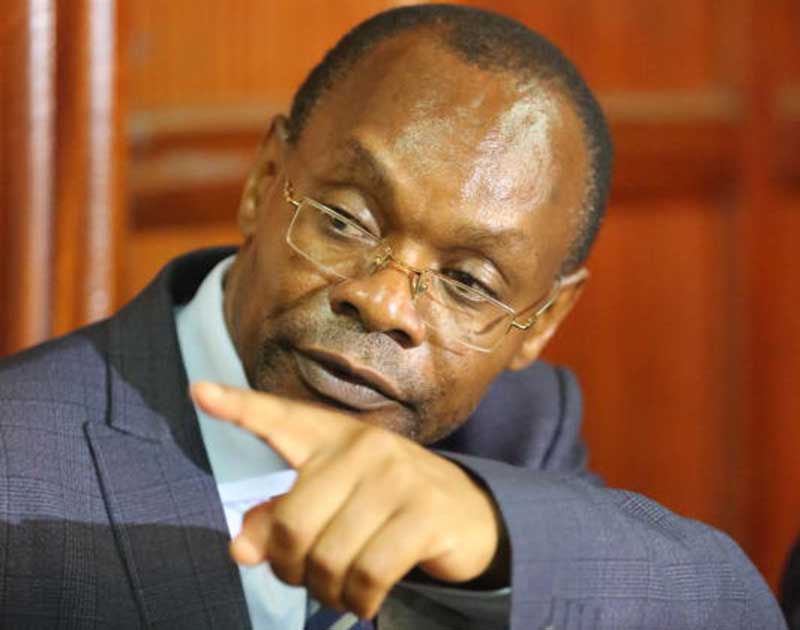×
The Standard e-Paper
Join Thousands Daily

Stiff and conditional bail terms set by Kenyan courts recently have set off a debate among law makers on whether the Judiciary ought to introduce guidelines on the maximum and minimum amounts for various bailable offences during criminal proceedings.
Some legislators, like Makueni Senator Mutula Kilonzo Junior support the status quo, arguing that bail terms should be at the discretion of the sitting magistrate.